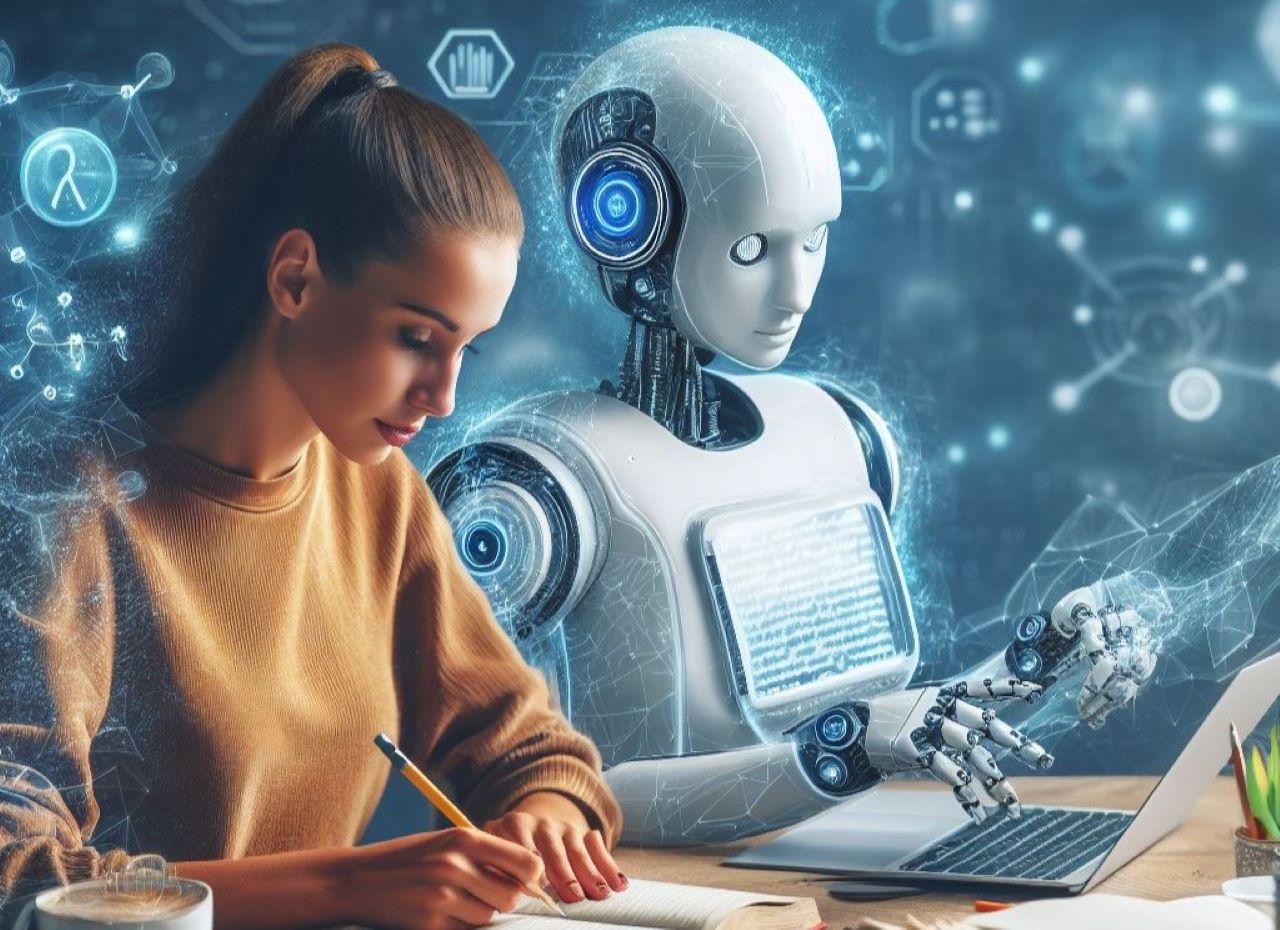Southeast Insights
Your go-to source for news and information from the vibrant heart of Shenyang.
AI: The New Best Friend or Just a Frienemy?
Discover whether AI is your ultimate ally or a sneaky frienemy. Uncover the truth behind the tech that’s changing our lives!
Exploring the Dual Nature of AI: Friend or Foe?
Artificial Intelligence (AI) is rapidly transforming the way we interact with technology, serving as both a friend and a potential foe. On one hand, AI enhances productivity and efficiency, assisting us in daily tasks from personal assistants like Siri and Alexa to more complex systems in healthcare that improve patient outcomes. For instance, AI-driven algorithms can analyze vast amounts of data much faster than humans, enabling predictive analytics that save lives and optimize resources. This duality raises the question: does the benefit of AI outweigh the potential risks it brings?
Conversely, the increasing reliance on AI also poses significant challenges that society must address. Concerns surrounding privacy, job displacement, and ethical dilemmas are becoming more pronounced as AI technologies continue to evolve. For example, machine learning algorithms can inadvertently perpetuate biases present in their training data, leading to unfair outcomes in areas such as hiring or law enforcement. As we explore the dual nature of AI, it is crucial to foster a balanced dialogue about its transformative power while implementing regulations and guidelines that ensure it serves humanity positively.

How AI Became Our Most Reliable Companion and Dangerous Opponent
Artificial Intelligence (AI) has transformed the way we interact with technology, emerging as both our most reliable companion and a potential threat. From virtual assistants that help us manage our schedules to algorithms that enhance our online experiences, AI has integrated seamlessly into our daily lives. Its ability to analyze vast amounts of data allows for personalized recommendations, making our choices easier and more informed. As we increasingly rely on AI for communication, problem-solving, and decision-making, it is hard to deny that this technology has grown into an indispensable ally in our fast-paced world.
However, with the rise of AI comes significant risks that demand our attention. The same algorithms that enhance convenience can be weaponized, leading to issues such as privacy invasion, misinformation, and ethical dilemmas. As AI systems become more autonomous, the potential for unintended consequences grows. For instance, AI technologies in surveillance and facial recognition raise critical questions about civil liberties and abuse of power. As we navigate this double-edged sword, it is crucial to embrace the benefits of AI while remaining vigilant against its pitfalls, ensuring that our reliance on such technology does not compromise our safety and values.
Is AI a Tool for Progress or a Threat to Humanity?
The debate around artificial intelligence (AI) often centers on whether it serves as a tool for progress or poses a significant threat to humanity. Advocates argue that AI has the potential to revolutionize industries, enhance efficiency, and improve overall quality of life. Through advancements in machine learning and automation, AI systems can analyze vast amounts of data, leading to innovations in healthcare, education, and environmental sustainability. For instance, AI-driven technology can facilitate faster diagnoses in medical fields, optimize supply chains, and even contribute to climate change mitigation efforts.
On the other hand, there is a growing concern that the rapid development of AI may lead to unforeseen consequences. Critics warn of the potential loss of jobs due to automation, increasing inequality, and the existential risks posed by autonomous systems. If not properly regulated, AI could be weaponized or misused, resulting in catastrophic scenarios. As such, it's imperative to strike a balance between leveraging AI as a tool for progress while implementing strict guidelines to mitigate its threats. Addressing these dual aspects will determine the future of humanity’s relationship with artificial intelligence.